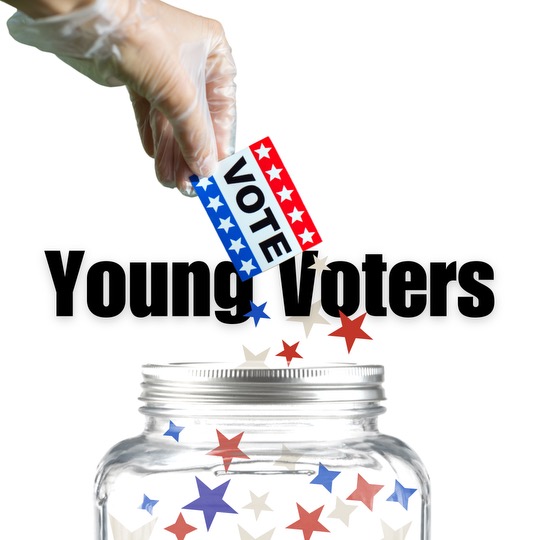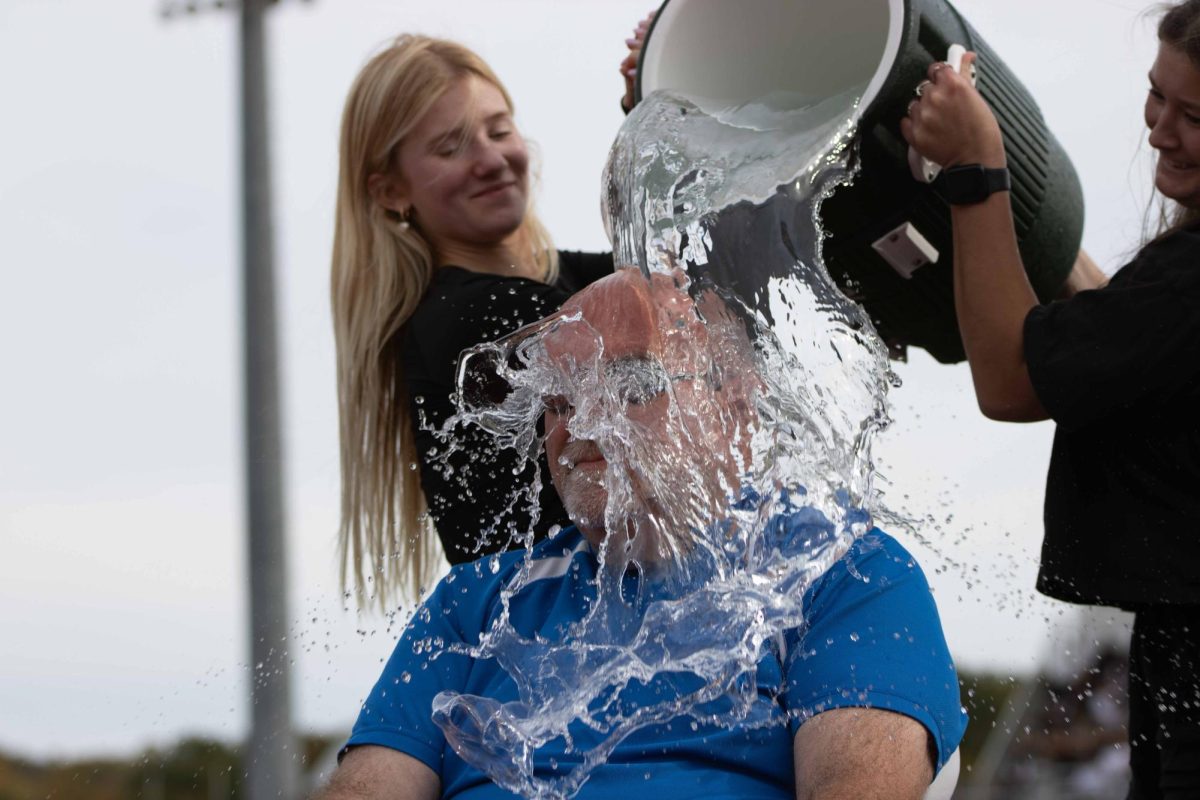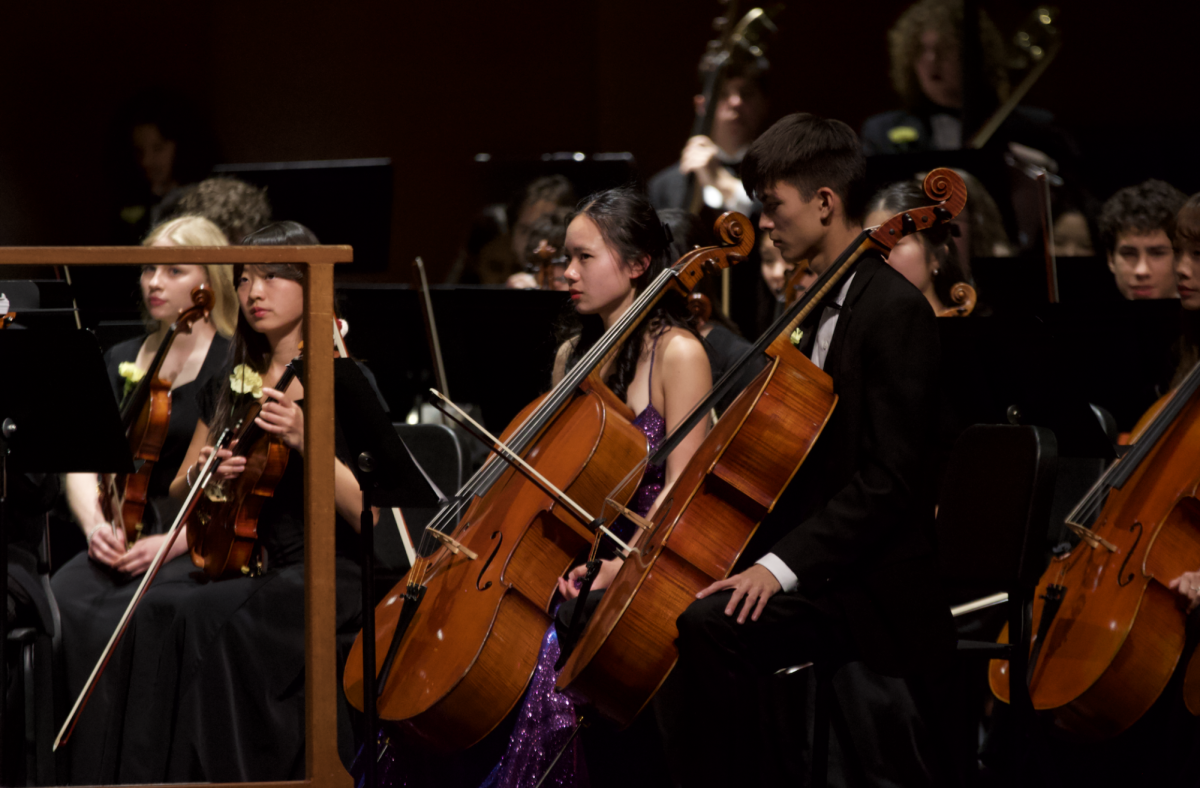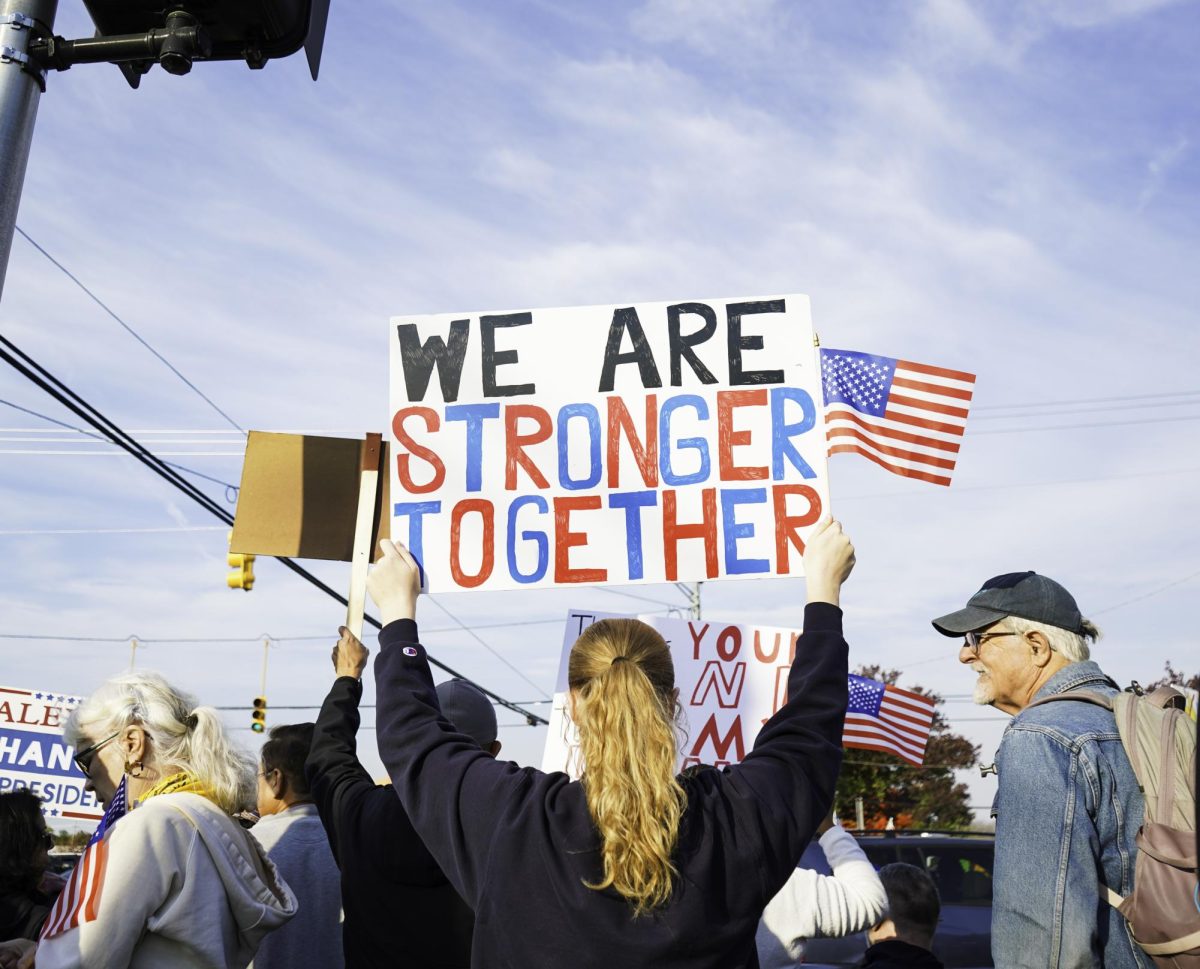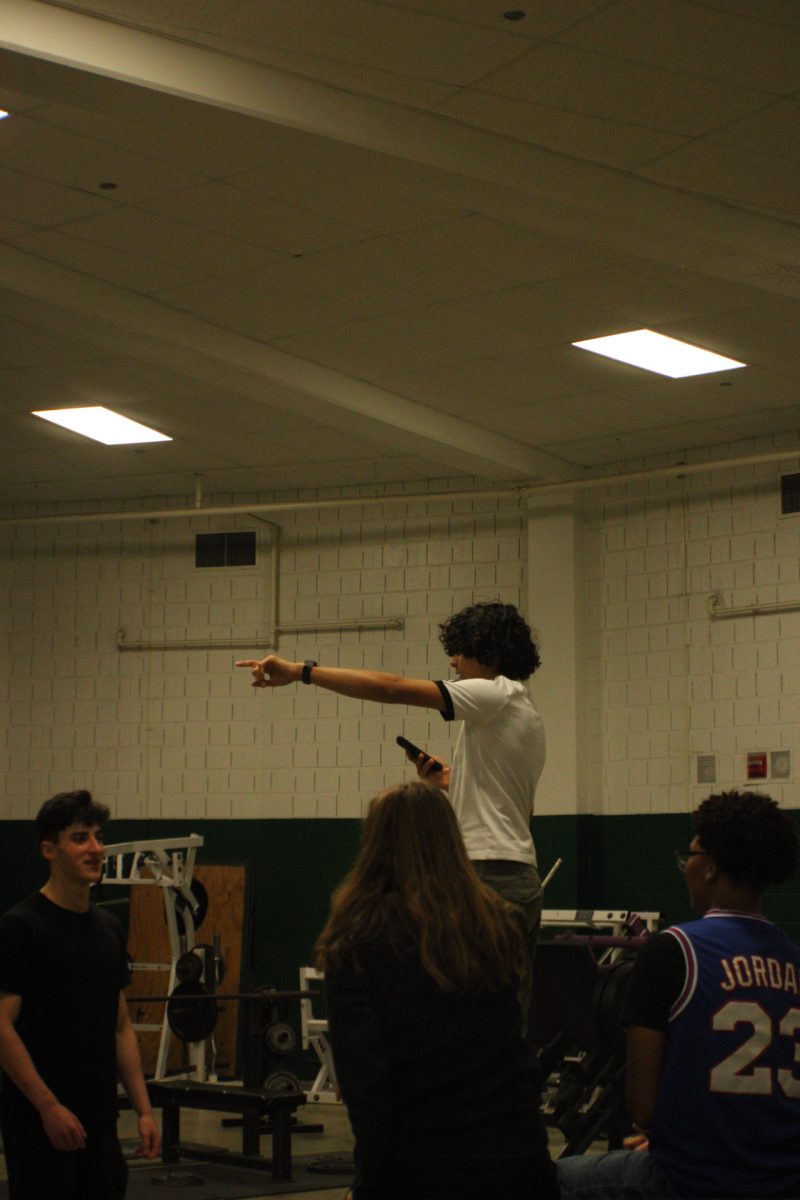Senior year is not only the last year of high school but the first step toward becoming an adult. Seniors are turning 18, getting credit cards, tattoos, and piercings, and registering to vote. In the political realm, for most of them, they’ve got one year left before they’re legally allowed to vote. In the 2020 election, only about 55% of voters between the ages of 18 and 29 voted.
“Gen Z appears to be more politically involved than previous generations when they were a similar age,” senior Lucy Paliani said. “I think we can attribute this to social media and the accessibility of political content. Social media has become a place of political activism and education. This has made it easier for younger people to participate in politics.”
Although Gen Z may be more involved in politics than previous generations, the number of young people voting in elections has increased exceptionally between 2016 and 2020. Paliani explains that exposure to media makes it easier for young people to access resources related to political info.
“I think more young people should be involved in politics,” Paliani said. “Today’s young people are going to live with the consequences of the present political decisions. If younger people can participate now, more sustainable outcomes could be reached that consider the future.”
Paliani described how young voters are voting for their future and what they want it to look like.
“Everyone’s vote is important,” Paliani said. “Government and politics are changing and Gen Z will be on the front lines of those changes, voting now is a crucial step toward future policy. It is important to vote. When people vote, they help to elect leaders that represent their values and beliefs. This helps to ensure the government reflects the entire population. Voting also allows individuals to influence policies they believe are important.”



